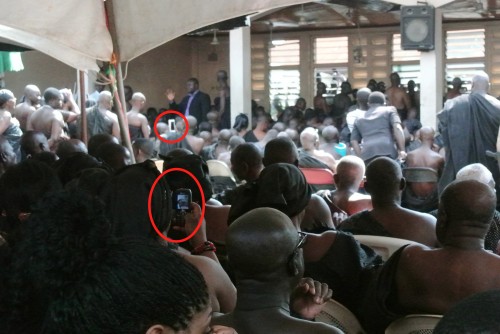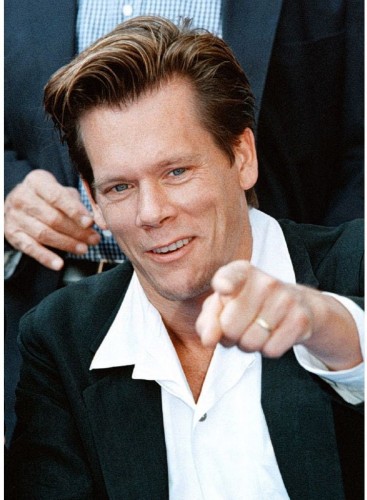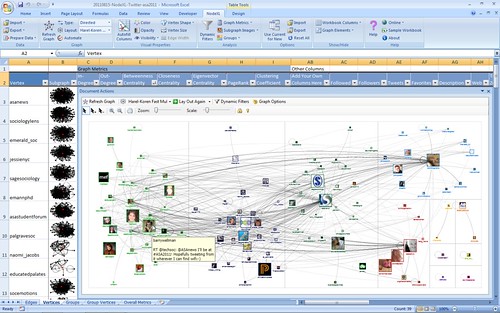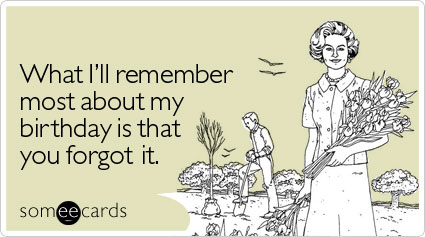This post combines part 1 and part 2 of “Technocultures”. These posts are observations made during recent field work in the Ashanti region of Ghana, mostly in the city of Kumasi.
Part 1: Technology as Achievement and Corruption

The “digital divide” is a surprisingly durable concept. It has evolved through the years to describe a myriad of economic, social, and technical disparities at various scales across different socioeconomic demographics. Originally it described how people of lower socioeconomic status were unable to access digital networks as readily or easily as more privileged groups. This may have been true a decade ago, but that gap has gotten much smaller. Now authors are cooking up a “new digital divide” based on usage patterns. Forming and maintaining social networks and informal ties, an essential practices for those of limited means, is described as nothing more than shallow entertainment and a waste of time. The third kind of digital divide operates at a global scale; industrialized or “developed” nations have all the cool gadgets and the global south is devoid of all digital infrastructures (both social and technological). The artifacts of digital technology are not only absent, (so the myth goes) but the expertise necessary for fully utilizing these technologies is also nonexistent. Attempts at solving all three kinds of digital divides (especially the third one) usually take a deficit model approach.The deficit model assumes that there are “haves” and “have nots” of technology and expertise. The solution lies in directing more resources to the have nots, thereby remediating the digital disparity. While this is partially grounded in fact, and most attempts are very well-intended, the deficit model is largely wrong. Mobile phones (which are becoming more and more like mobile computers) have put the internet in the hands of millions of people who do not have access to a “full sized” computer. More importantly, computer science, new media literacy, and even the new aesthetic can be found throughout the world in contexts and arrangements that transcend or predate their western counterparts. Ghana is an excellent case study for challenging the common assumptions of technology’s relationship to culture (part 1) and problematizing the historical origins of computer science and the digital aesthetic (part 2). more...




